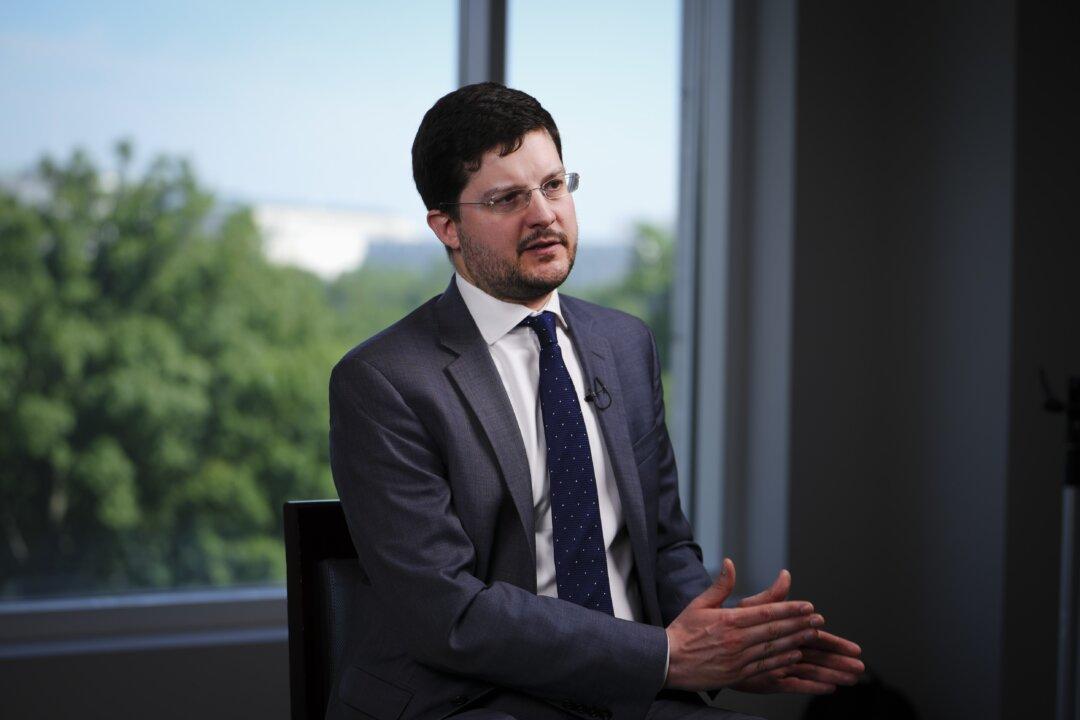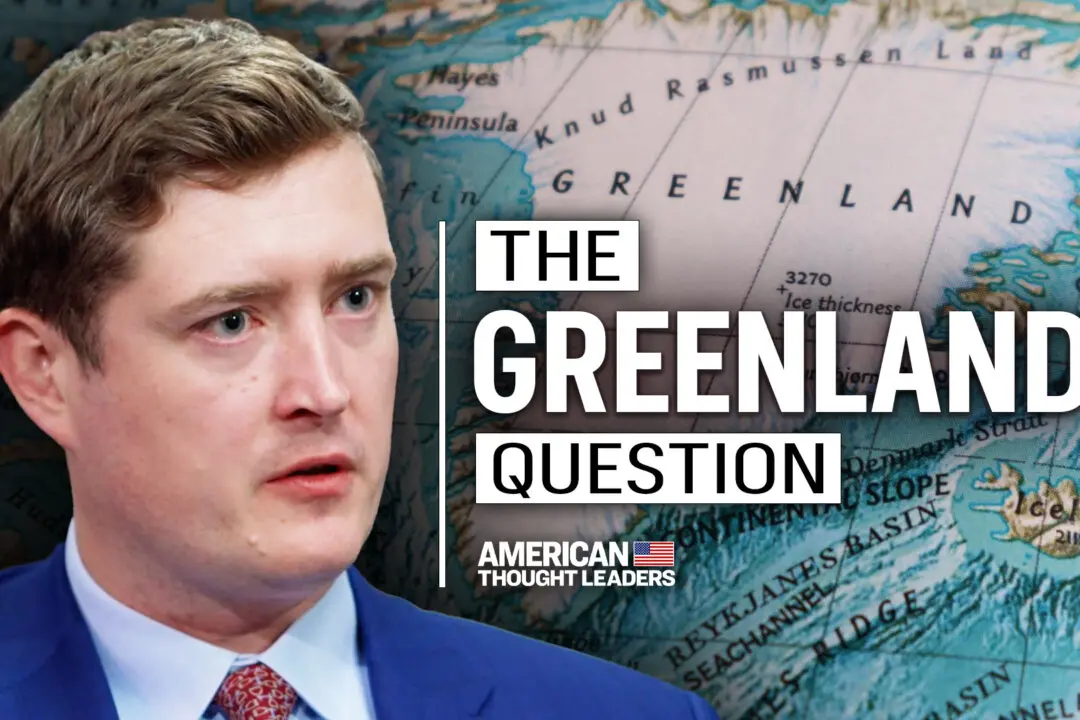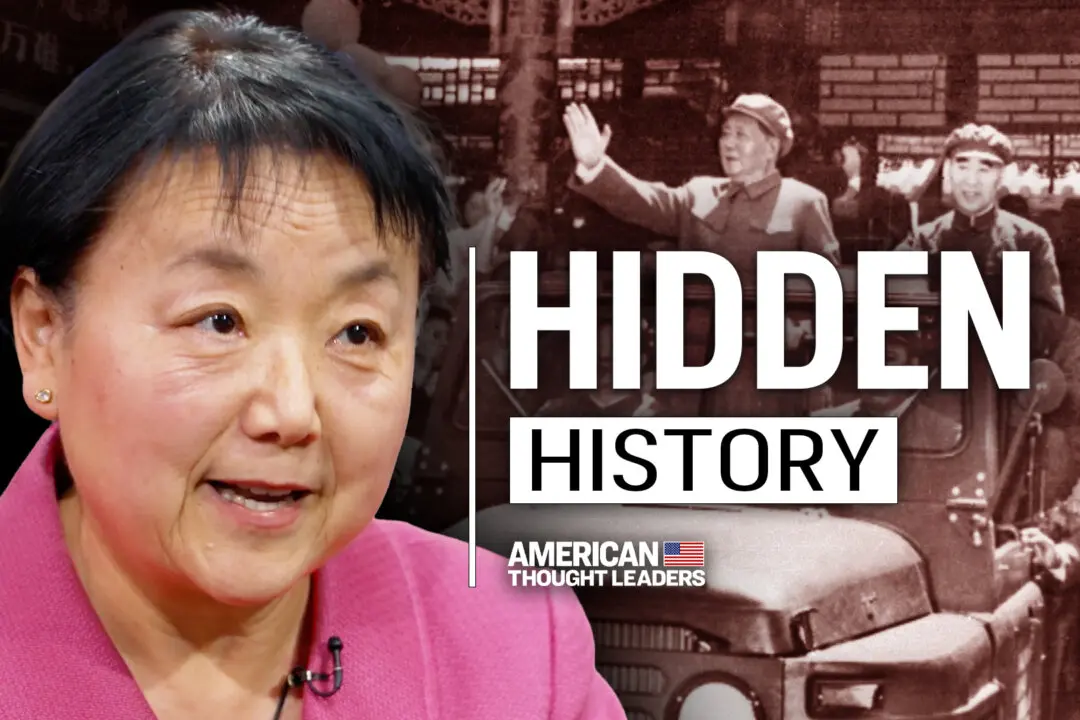In a recent episode of American Thought Leaders, host Jan Jekielek and Jonathan Ward discussed some key strategies the United States must adopt to outmaneuver and triumph over the Chinese Communist Party. Ward is a China scholar, founder of the Atlas Organization, and author of “The Decisive Decade: American Grand Strategy for Triumph Over China.”
Jan Jekielek: We find ourselves at an interesting time in history. In your book, you call it the decisive decade. You argue that figuring out how to deal with the geopolitical threat of the Chinese Communist Party will benefit not only America, but the free world as we know it.






